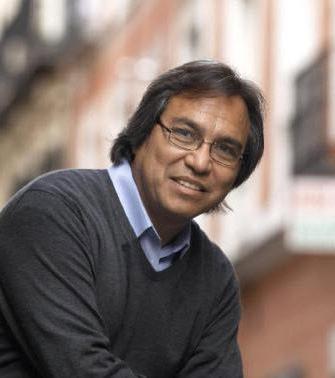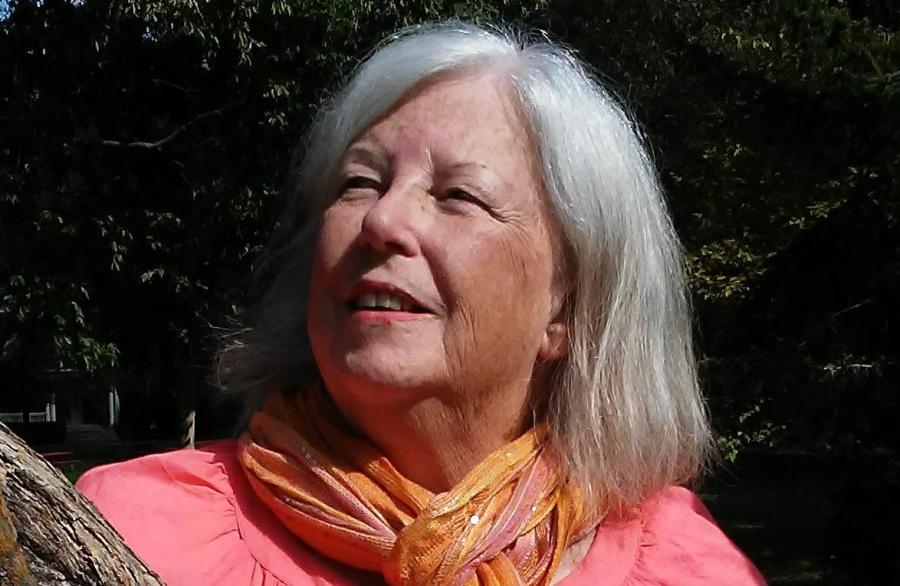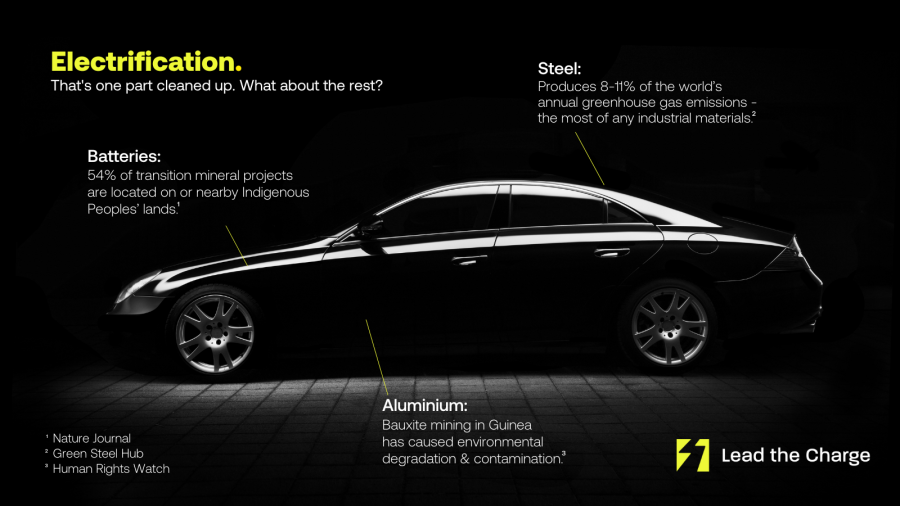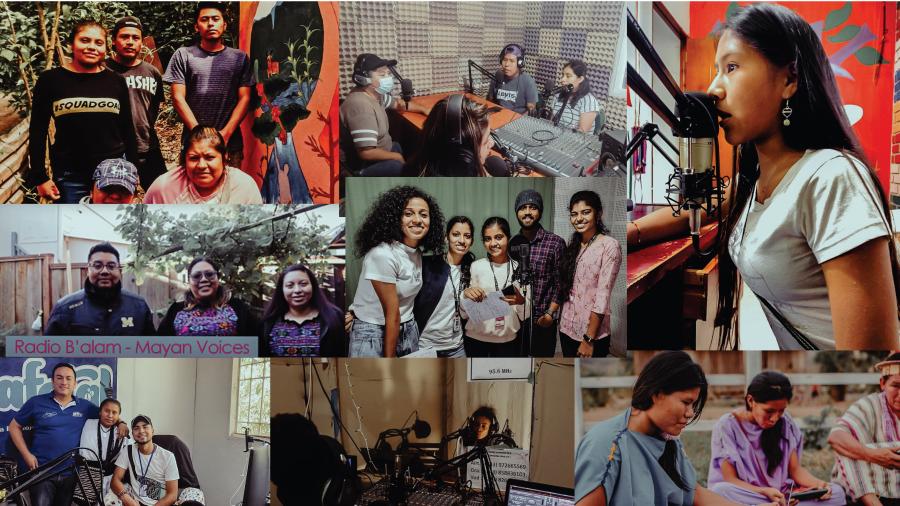
James Anaya, the UN Special Rapporteur on the rights of Indigenous Peoples, released a report on August 6, 2013 addressing extractive industries and the implications that they have had for the rights of Indigenous Peoples. In the report, which Anaya will present to the Human Rights Council in September 2013, he systematically sets forth a series of observations and recommendations regarding models of natural resource development, the obligations of States, the responsibilities of companies, consultation processes, and the principle of free, prior and informed consent to protect the rights of Indigenous Peoples, within the context of challenges posed by extractive industries on a global scale. These observations and recommendations build upon the Special Rapporteur's previous reports and draw on information gathered through country visits, seminars, written submission from various sources and independent research. Anaya highlighted the important role of free, prior and informed consent in safeguarding Indigenous Peoples rights, calling it "a general rule" and "just good practice". As before, the Rapporteur stopped short of giving 'veto' power to Indigenous communities facing extractive industry. Instead, he emphasized their right to withhold consent. "Indigenous individuals and peoples have the right to oppose and actively express opposition to extractive projects promoted by the State or third party business interests. Indigenous peoples should be able to oppose or withhold consent to extractive projects free from reprisals or acts of violence, or from undue pressures to accept or enter into consultations about extractive projects." He also narrowed the qualifying situations in which the right to Free, Prior, Informed Consent may be by-passed by a State, and requires that if a State determines that it is permissible to proceed with an extractive project that affects indigenous peoples without their consent, that decision should always be subject to independent judicial review. He concludes, "Indigenous Peoples around the world have suffered negative, even devastating, consequences from extractive industries. Despite such negative experiences, looking toward the future it must not be assumed that extractive industries’ and indigenous peoples’ interests are entirely or always at odds with each other. However, models of resource extraction that are different from the heretofore prevailing model are required if resource extraction within Indigenous Peoples’ territories is to be carried out in a manner consistent with their rights." One of these models includes Indigenous Peoples control extractive industries through their own initiatives and enterprises. Anaya has invited Indigenous Peoples, governments, companies, and NGOs to an open dialogue on the report and its recommendations. He will engage in an inter-active dialogue with interested parties in Geneva in September in connection with his presentation of the report to the Human Rights Council. Also stay tuned for news on an on-line seminar with interested parties within the coming weeks. |



